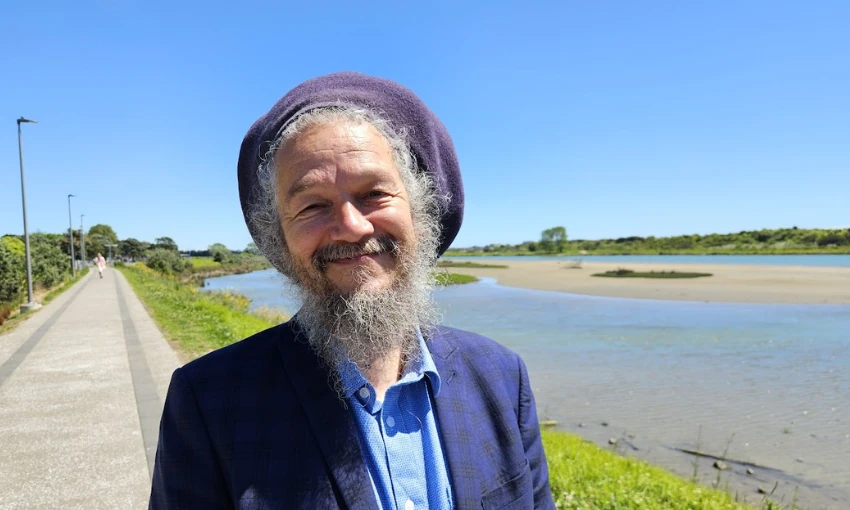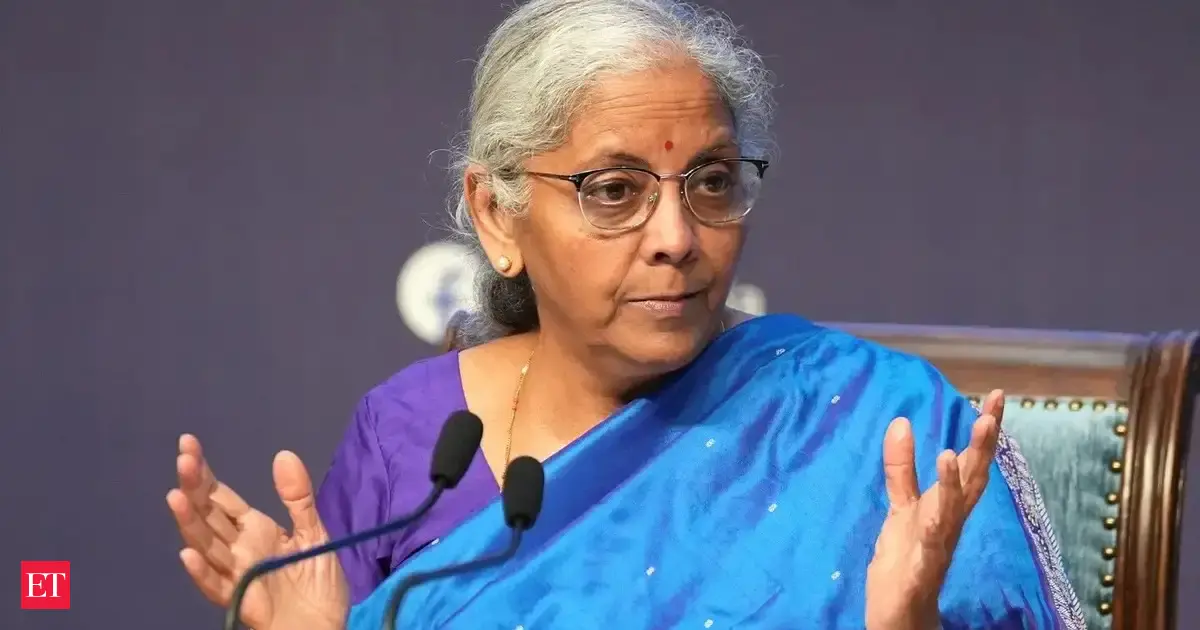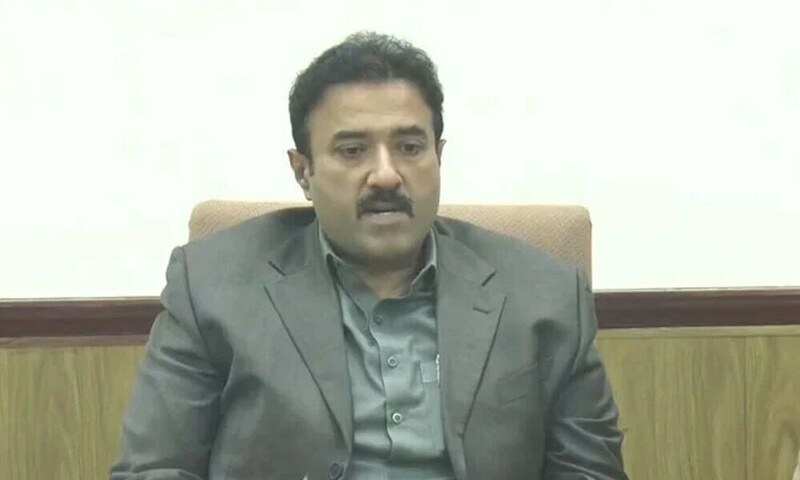Copyright thespinoff

The really odd thing about new Whakatāne mayor Nándor Tánczos is how conventional he is. Nándor Tánczos is interrupted six times during a 50-minute interview outside Resilience Coffee Shop in Whakatāne’s town centre. Some passersby want to congratulate him on his recent narrow victory in the central North Island district’s mayoral race. Others just want to say hi. One wants to learn how to say his name. “Nán like the bread,” says Tánczos. “Tánc rhymes with aunt.” They say it together a couple of times, with limited success. “You’ve got it,” the mayor says, encouragingly. Most of the well-wishers don’t exactly fit the stereotypical constituency for the former Green MP, whose name comes from his Hungarian father. They’ve got grey hair. They’re wearing their polo shirts tucked into their cargo shorts. But they all seem enthusiastic to have him as their new mayor. Maybe even proud. Go to social media, and the feedback is less positive. “I see Nandor Tanczos is on the Whakatāne Council. Another ex-polly unable to remove themselves from the public’s teat,” says one. “Nandor ‘Dopey Rope-Head’ or ‘Rope-a-dope’ Tanczos isn’t very bright,” says another. The criticisms generally boil down to two, interlinked things: Tánczos’s hair and his faith. The 59-year-old is a dreadlocked Rastafarian who was given the “ropehead” moniker by Winston Peters during a heated exchange in parliament in 2004. Smoking cannabis is part of the faith, and his efforts to legalise the drug during his time in parliament still define him in some people’s eyes. “An amiable man, Tánczos is best known in New Zealand for his relentless campaign to legalise marijuana, which – together with his dreadlocks – has definitely detracted from his gravitas,” says a 2005 US Embassy briefing released by Wikileaks. Gravitas or not, Tánczos has a serious legislative record. During his nine years in parliament, he painstakingly pieced together bipartisan support for the world-leading Waste Minimisation Act, which paves the way for product stewardship schemes and allows councils to ramp up landfill levies. He shepherded through the Clean Slate Act, which wipes non-violent offences from people’s criminal records if they go seven years without reoffending. That legislation remains a point of pride, and he still regularly meets those who tell him it changed their life. “I had people on social media during the mayoral campaign say ‘he was a waste of time as an MP. What did he ever do?’ I say ‘this is what I did’. And they generally don’t say anything after that,” he says. By the time of his resignation as an MP in 2008, he’d won the respect of most of his contemporaries. National minister Chris Finlayson was particularly effusive, calling him an “outstanding member of parliament” and making a point of giving him a position on an arts board after his resignation. Tánczos has now spent nine years on Whakatāne District Council as one of five councillors for the Whakatāne-Ōhope ward. He lost out to Victor Luca in the 2022 mayoral race, but bucked a nationwide swing toward anti-rates campaigners to take out this year’s contest over the one-term incumbent, thanks to a campaign where he regularly broke out his financial spreadsheets to convince people so-called “nice-to-haves” barely make a dent in the budget. The new mayor seems bemused by the gap between how he’s perceived from afar and what he’s actually like up close. For one thing, he’s mostly a teetotaller. He doesn’t drink, hardly parties, and only smokes rarely as part of his Rastafari sacrament. “I’m actually a pretty straight-laced kind of guy,” he says. “People have this impression that I get up every day and smoke ganja but actually it’s not that often for me. I have to be pretty sober to do this job.” But the most surprising thing about Tánczos might be how conventional he is as a politician. Though some might see him as a radical or an idealist, he describes himself as a “pragmatic optimist”. He talks enthusiastically about how much he enjoys the messy, incremental and sometimes compromise-infused business of negotiation. He’s a policy wonk and likes getting into the thorny decisions that cross his council desk. Underneath the plentiful hair is an astute political brain. “I’m a born politician, really,” he says with a cheeky grin. “My temperament is really suited to being a politician. I love talking with people. I love networking. I love listening.” It’s eye-opening to hear Tánczos talk this way, given he cut his dreadlocks off in a cleansing ceremony after his resignation from parliament, saying, “I felt like my spirit and my psyche had been polluted by the experience.” He still decries the toxicity of that place, the way politicians refuse to treat the national legislature with “respect”, but says he’s found a new lease on life in Whakatāne, where he moved 12 years ago after a stint living in a house bus in Ngāruawāhia. His wife, researcher and author Ngahuia Murphy, is Ngāti Manawa, their family marae is within the district council’s borders in nearby Murupara, and Tánczos says moving to the coastal town was about “how I saw my future, and how, as a family, we saw our future”. The pair have two children, in their teens and early 20s. These days his faith manifests itself less in his approach to drug legislation, and more in how he goes about his daily business. Tánczos talks a lot about respect and honesty. He refused to tell people he’d lower their rates during the campaign, despite knowing many of them are hurting financially, because he understands the massive bills facing councils for core infrastructure. He tries to practise nonviolent communication, a technique created by the psychologist Marshall Rosenberg aimed at defusing hostility through empathy. Once someone threatened Tánczos’s life, then stormed off when he was met with a nervous laugh in response. Tánczos felt guilty, then followed that person to ask what was making them feel so angry. “It turned out they had a business, and it was struggling, and they were under a lot of pressure, and their marriage was tough. It wasn’t about me at all. They were just nutting off because I was a convenient target.” These actions stem from a conviction that he has to play his part creating a better world. Tánczos doesn’t care much about what happens after death, figuring we’ll find out “soon enough”, but finds religious inspiration in what’s in front of him. “The kingdom of heaven is here,” he says. “It’s up to us to implement it. We’re the hands of God, and the kingdom of heaven is here, right now. We just have to manifest it.” What does that actually look like though? Tánczos says it boils down to one tenet, which he delivers with gusto. “This is paradise. We’ve inherited paradise, and we fucked it up, and we can restore it. That’s my basic philosophy.” Sure, but what does all that have to do with a fiscally responsible long-term plan, or an 11.7% rates increase for the 2025/26 fiscal year? Tánczos laughs and talks about how everything councils do – whether roads, pipes, sports fields or community halls – is about improving the wellbeing of the people in their communities. The interview wraps up. On the way to pose for a photo for The Spinoff, Tánczos is approached by a woman for one final talk. She wants her road sealed. It has a school on it, along with a GP. “Send me all the details by email and I’ll look into it,” Tánczos promises. Manifesting the kingdom of God involves more emails than you might have thought. Thankfully Tánczos is a sober, details-oriented type of politician, so he should be up to the task.



